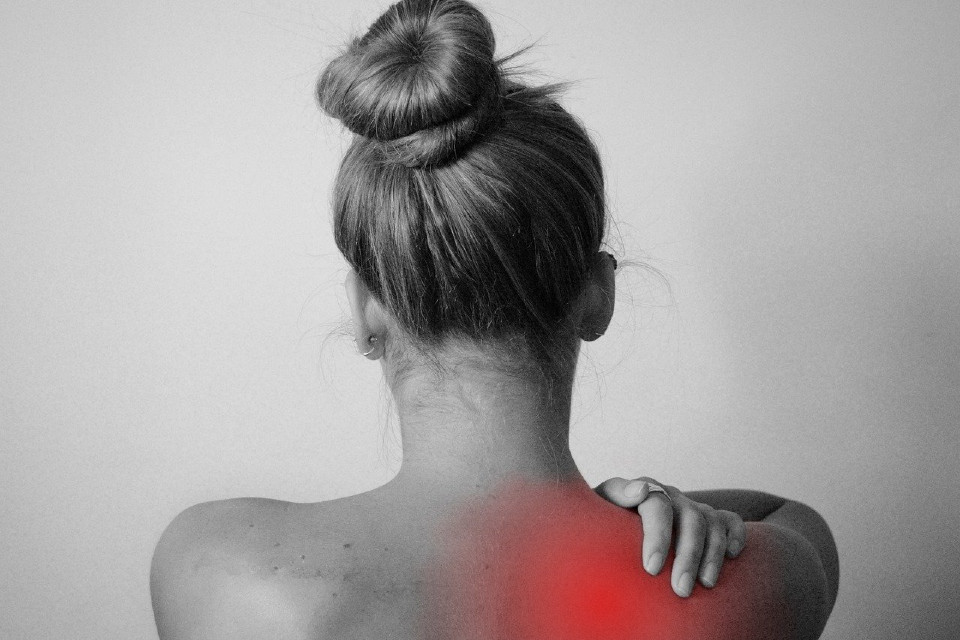With varying Government guidelines in place across the country, many will find themselves continuing to work from home.
Exploring the nation’s relationship with their sofa and desk chair, FurnitureChoice.co.uk polled Brits to find out how many suffer from back pain. Using this insight, experts reveal the best and worst seating positions for your back, whilst we spend more time at home on the sofa.
According to experts, spending too much time sitting down could lead to health problems such as back pain, with a huge one in four (24%) Brits admitting to experiencing back pain every single day. What’s more, one in nine (11%) feel constant soreness in the back, while only one in three (30%) feel back pain as infrequently as once a year or less.
Surprisingly, it’s young people (ages 18-35) who are most likely to experience aches and pains in the back, with one in three (30%) feeling it daily, compared to only one in four (25%) pensioners (aged 65+). In fact, people aged between 45-64 are leastlikely to regularly experience back soreness, with only 19% feeling it every day, much less than the national average of 24%.
According to Chartered Physiotherapist and owner of Your Pilates Physio, Lyndsay Hirst, however, “it‘s sustained postures that tend to lead to back pain, so as long as you get up regularly, change position, and exercise often, your risk of developing back problems from sitting on the sofa drastically reduces.”
The research also reveals the four seating positions people prefer when perching on the sofa, alongside commentary from Hirst on how they affect the body. The most popular sitting positions Brits opt for on the sofa are:
Twisted – Legs on the sofa to the side of the body. Upper body twisted to face the TV/front of the room (27%)
“The spine is twisted here, so being sat in this position for a prolonged time may cause some discomfort in either the back or the hips. This position would cause additional problems if the person had some restrictions in their spine or pelvis, putting more strain on the facet joints of the spine.”
Boomerang – Slouching low in the seat with no lower back support with legs resting on another surface (25%)
“This slumped posture creates a curve to the spine that causes the fluid to be moved to the posterior part of the intervertebral discs, potentially putting pressure on them. The neck and shoulder muscles have to work harder than normal to keep the head upright, which could eventually lead to muscular discomfort. Sustaining this posture will also eventually lead to the weakening of the back and abdominal muscles, which in turn may cause back pain.”
Straight – Feet flat on the floor, back fully supported by sofa/cushions (24%)
“Here the body is in perfect alignment: head in line with shoulders and spine, and hips in a neutral position. While this is an ideal seating posture, sustaining it for a long time will eventually cause discomfort, purely because the body is designed to move.”
Slouched – Slouching low in the seat with no lower back support and feet on the ground (17%)
“Just like the boomerang position, the back curve here puts pressure on the spine, while making it harder for the neck and shoulders to support the head. Additionally, the thighs are not supported which would again put additional strain on the back.”
Dr. Diana Gall, MD and GP at Doctor4U, added: “Luckily, most cases of back pain can be treated from home with pain relief, ice & heat therapy, and gentle exercises. You should make sure to keep your back mobile without aggravating the affected muscles or ligaments too much.
Commenting on the findings, Owner of FurnitureChoice.co.uk, Tom Obbard, offered: “As a nation, we are now being urged to stay indoors and as a result spending more time sitting down so there is no better time to take these tips on board. It is important to remember to get up from your desk or sofa regularly, change your seating position often and even fit in a home workout to help protect your spine.”
For more information on how to protect your back, click here.















